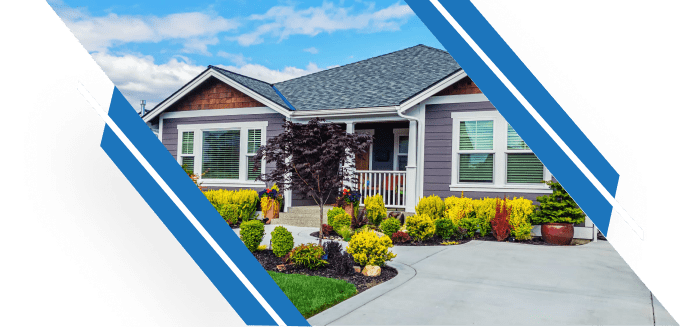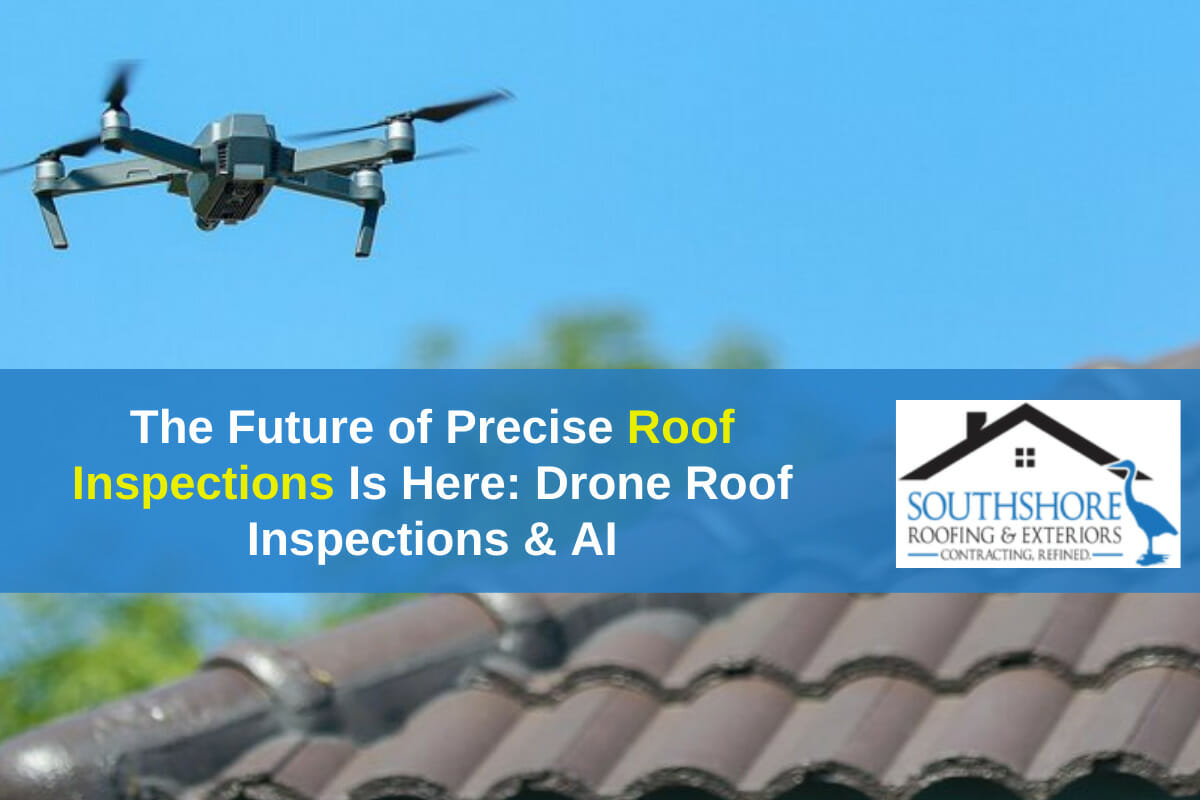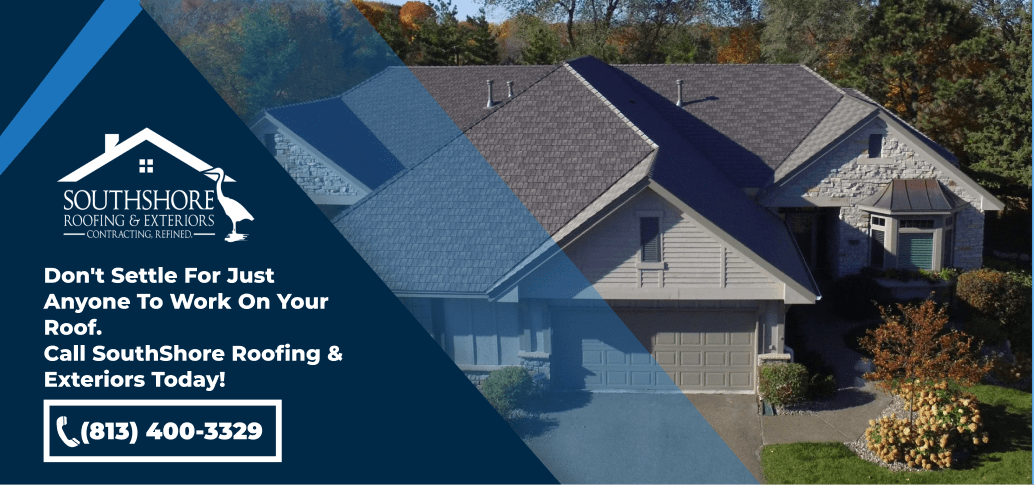Roof inspections have historically been challenging, involving manual processes and physical labor. Inspectors need to navigate difficult-to-reach areas, manually assess roof conditions, and record findings. These methods are not only time-consuming but also pose risks to the safety of inspectors. The need for a safer and more efficient alternative has become evident.
While conventional manual inspections on sloped roofs are prone to inefficiency and safety hazards, the emergence of drones and artificial intelligence (AI) has revolutionized this field.
In this article, we delve into the advantages offered by drones and AI in roof inspections, explore the challenges faced, and shed light on the future of this innovative approach.
Why Roofers Are Shifting To Drone Roof Inspections
Drone roof inspections give wings to roofers as well as homeowners to detect any underlying issues on the roof and correct them beforehand, leaving no space for further deterioration. Here is why roofers and homeowners are shifting to drone roof inspections.
Enhanced Safety:
Unlike manual inspections that necessitate inspectors to ascend rooftops physically, drones eradicate the need for such risky endeavors. By conducting inspections remotely, drones keep inspectors grounded, reducing the likelihood of injuries and accidents.
Augmented Efficiency and Speed:
In comparison to traditional manual methods, drones offer expedited and more efficient roof inspections. They can swiftly cover vast areas, significantly reducing the time it takes to complete an inspection.
This heightened efficiency and speed not only saves time for inspectors but also expedites insurance claim resolutions, leading to customer satisfaction.
Comprehensive Imaging and Data Acquisition:
Drones are equipped with high-resolution cameras that are capable of capturing intricate details regarding the condition of roofs. These images provide invaluable insights into the roof’s well-being, empowering inspectors to identify a multitude of problems, such as cracks, leaks, and other forms of damage.
Cost-Effectiveness:
Drone inspections are typically more cost-effective compared to their manual counterparts. They require fewer personnel and resources, resulting in reduced labor costs. Moreover, increased efficiency and speed of drone inspections contribute to an overall reduction in expense. If you are an insurer or a real estate agent, you can reap the benefits of cost savings associated with drone inspections.
To know these advantages in detail, please visit our blog on the advantages of Drone roof inspections.
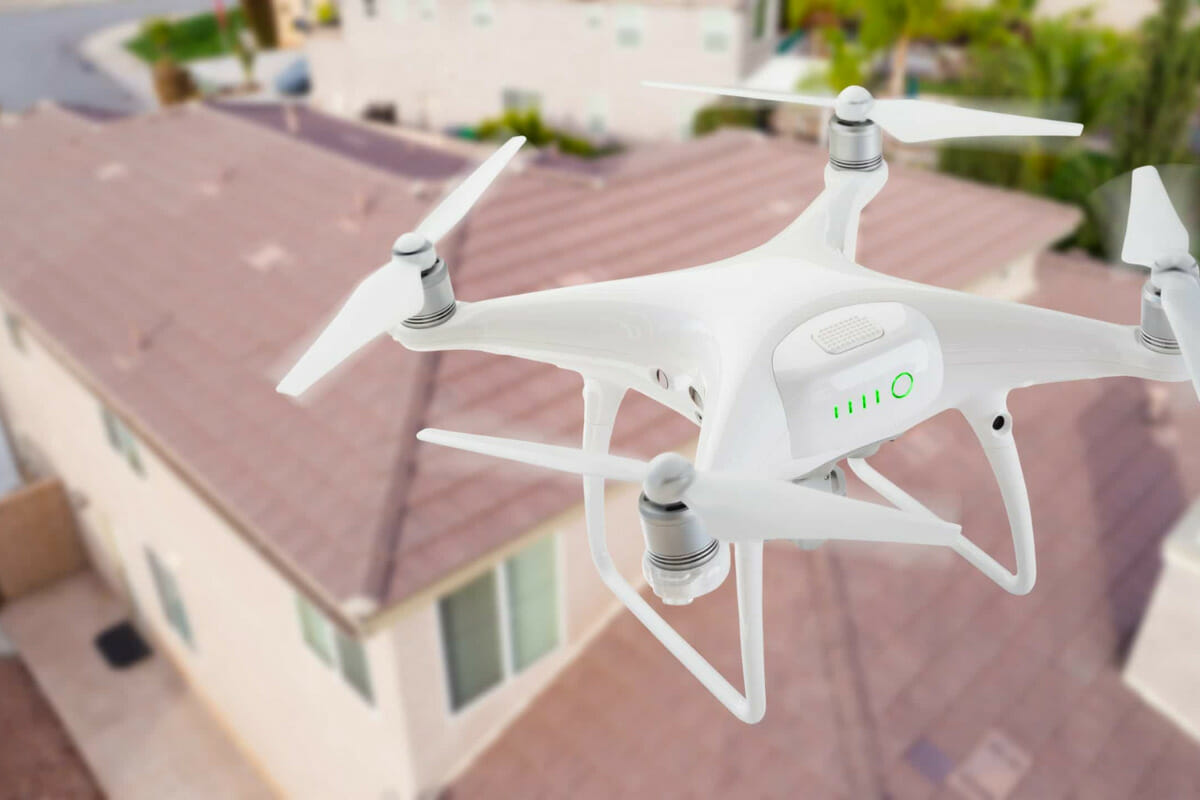
The Future of Drone Roof Inspections And AI Is Promising
With the integration of AI and other advanced technologies, drone roof inspections hold immense promise for the future of roof inspections. Here are some key developments to anticipate:
AI Integration:
The integration of AI with drones enhances their capabilities during roof inspections. AI algorithms can analyze the data collected by drones, automating issue detection and classifying defects and damages. This automation significantly improves the speed and accuracy of inspections, reducing the need for manual intervention and enhancing efficiency.
Machine learning algorithms, for instance, can be trained to recognize patterns and damage associated with various types of damage. This enables AI systems to generate comprehensive reports and accurate assessments, providing valuable insights for inspectors and property owners.
Thermal Imaging:
With the assistance of thermal imaging, you can now detect areas with leaks, and heat gain or loss, which is sometimes difficult to identify with a manual roof inspection. This information proves crucial in detecting poor insulation, water damage, and energy inefficiencies. Combined with AI analysis, thermal imaging enables drones to automatically pinpoint areas of concern, such as insulation gaps or moisture-prone spots.
Drone Swarms:
The utilization of drone swarms, in which multiple drones work together in a coordinated manner, allows for the inspection of even larger areas within shorter timeframes. This technology proves a particular advantage for assessing large commercial and industrial buildings as well as residential complexes.
Drone swarms optimize efficiency and speed, allowing for comprehensive inspections in significantly reduced time periods. Simultaneously inspecting different roof sections becomes feasible by coordinating and synchronizing multiple drones within a swarm. This coordination drastically reduces inspection time, making it an efficient solution for large-scale assessments.
But There Are Some Challenges And Limitations During Drone Roof Inspections
While the future of precise roof inspections looks promising, certain challenges and limitations must be addressed. Privacy concerns and compliance with data protection regulations must be taken into account when capturing imagery using drones. Striking the right balance between collecting necessary data and respecting privacy is crucial.
Technical challenges such as drone flight stability in adverse weather conditions and the need for skilled drone operators are other considerations. Additionally, AI algorithms need continuous refinement and updates to ensure their accuracy and effectiveness in detecting roofing issues.
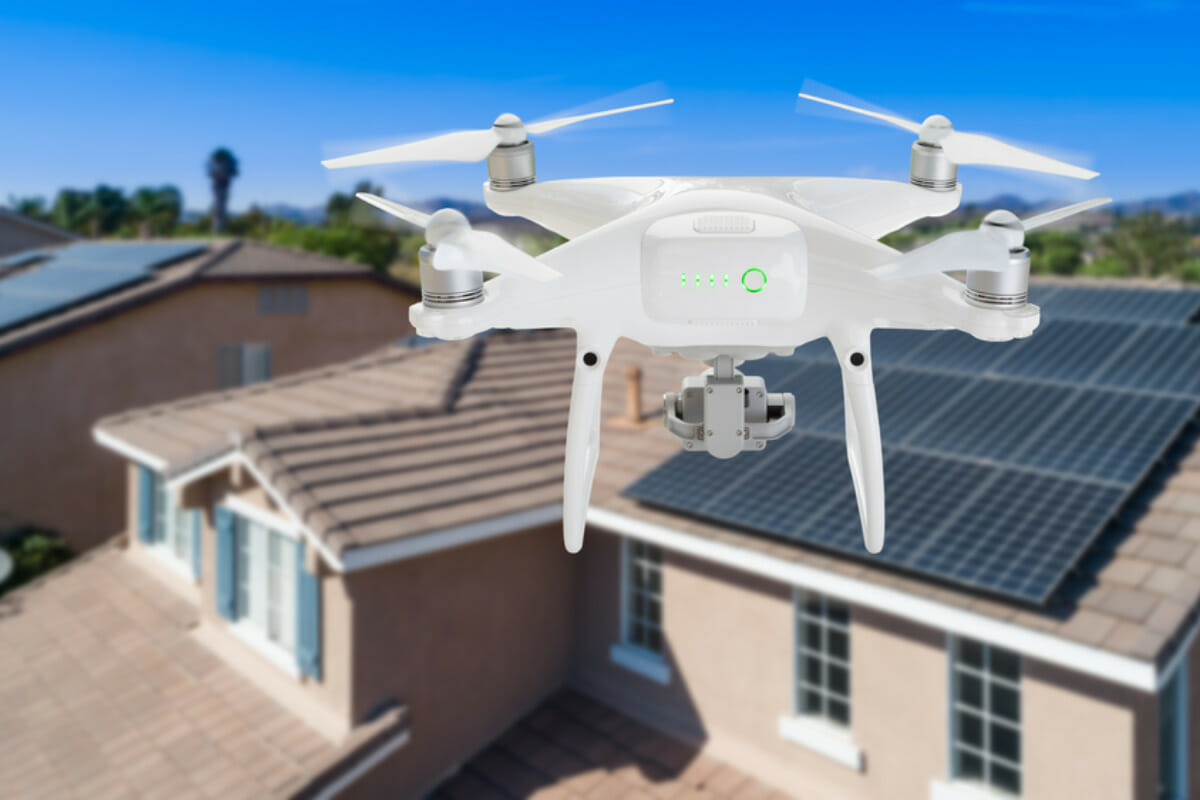
Ways To Address Privacy Concerns During Drone Roof Inspections
A drone roof inspection can pose high risks to the security and privacy of homeowners. Drone roof inspections also may concern your neighbors for fear of their privacy being compromised.
Below are some ways to address privacy concerns during a drone roof inspection. Take note before you start using a drone to inspect your roof yourself, or with professional assistance.
1. Research Local Regulations:
Familiarize yourself with the rules and regulations specific to your area regarding drone usage and privacy rights. This will help you understand your rights and the restrictions imposed on drone operators.
2. Hire Reputable Professionals:
When selecting a drone operator for your roof inspection, choose someone trustworthy and experienced. Look for professionals who prioritize privacy and have a good reputation for responsible drone operations.
3. Communicate With Neighbors:
Inform your neighbors about the planned drone inspection if your property is close to others. Seek their consent and address any concerns they may have. Open communication fosters understanding and minimizes privacy-related conflicts.
4. Discuss Privacy Measures:
Talk to the drone operator about your privacy concerns. Request that they employ privacy measures such as blurring or excluding identifiable features from the collected imagery. Ensure that they respect your privacy boundaries.
5. Secure Personal Items:
Before the inspection, remove any personal belongings or sensitive information from your roof or the surrounding area. This extra precaution ensures that the drone does not inadvertently capture your private items.
Conclusion:
Drone technology and AI have brought about transformative changes in the field of roof inspections, offering numerous benefits to homeowners and roofers, such as enhanced safety, increased efficiency, and cost-effectiveness. Drones provide detailed imaging and data collection capabilities, empowering informed decision-making for repairs and maintenance.
While challenges and limitations exist, ongoing advancements in technology, including AI integration and thermal imaging, hold tremendous promise for the future of drone roof inspections. By harnessing the power of drones and AI, insurers, real estate agents, and roofers can improve the claims process, enhance customer satisfaction, and ensure the long-term well-being of buildings and properties.
With Technology Evolving, Don’t Be Left Behind. Inspect Your Roof Today.
Artificial intelligence use has increased in every field and is progressing, marking its place among industries and providing numerous benefits. A traditional roof inspection is commonly a risky job that requires inspectors to climb on your roof and put their lives at risk.
If you are considering a roof replacement for your home or business, you should opt for modern-day technology. Before a roof replacement, installation, repair, or maintenance, a roof inspection is a must to ensure no damage persists on a roof after the completion of the project.
If you feel your roof needs repair or replacement, call Southshore Roofing & Exteriors today at (813)-400-3329 and get a roof inspection before starting any work. Our certified team of professionals are ready to help those living in Tampa, and the surrounding areas of Florida with numerous roofing services. Give us a call today and see how we can help you!
Frequently Asked Questions
1. What is the accuracy of drone roof inspections?
Drone roof inspections are highly accurate, thanks to advancements in drone technology and AI algorithms. The combination of high-resolution imagery and intelligent analysis ensures that even minor roof defects are detected with precision.
2. How long does a drone roof inspection take?
The duration of a drone roof inspection varies depending on the size and complexity of the roof. However, drone inspections are generally completed much faster compared to traditional methods, often reducing inspection times by up to 50%.
3. Are drone roof inspections cost-effective?
Absolutely! Drone roof inspections offer a cost-effective solution for assessing the condition of a roof. With reduced labor costs, faster turnaround times, and the ability to detect issues early on, drone inspections can potentially save building owners significant amounts of money in the long run.
4. Can drones be used for routine roof maintenance?
Yes, drones can be utilized for routine roof maintenance. Regularly inspecting roofs with drones can identify potential problems early on, allowing for timely repairs and maintenance. This proactive approach helps extend the lifespan of roofs and prevents costly damage.
5. What are the limitations of drone roof inspections?
While drone roof inspections offer numerous benefits, they do have certain limitations. Inclement weather conditions like heavy rain, strong winds, or fog can hinder drone flights. Additionally, certain building structures or locations may have airspace restrictions that need to be considered.
6. What happens if the weather is unfavorable during a drone roof inspection?
In unfavorable weather conditions, drone roof inspections may need to be postponed or rescheduled to ensure accurate data collection and safe operation.

